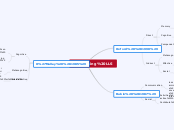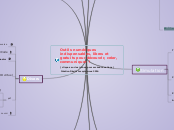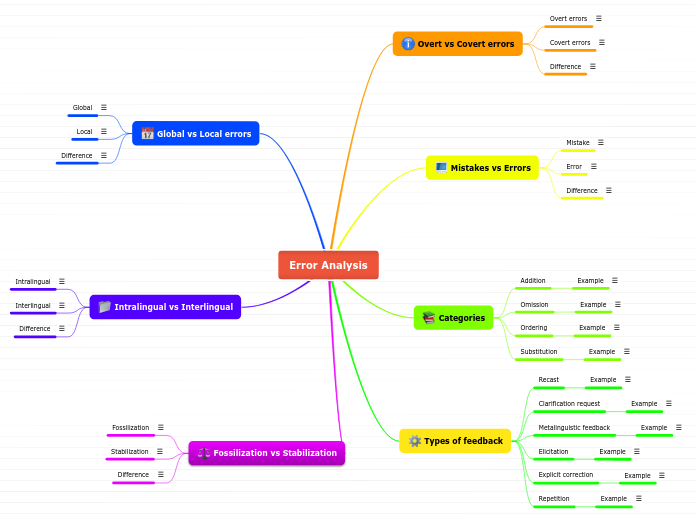по shahira raffi 7 лет назад
165
Categorising LLS
Language learning strategies are divided into various categories by different researchers. These classifications include direct and indirect strategies, with direct strategies focusing on cognitive and memory aspects, such as making associations between new and known information and using formulas or phrases for better recall.









